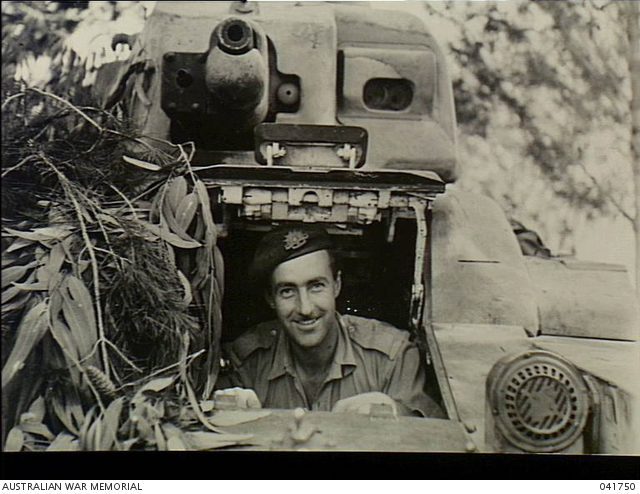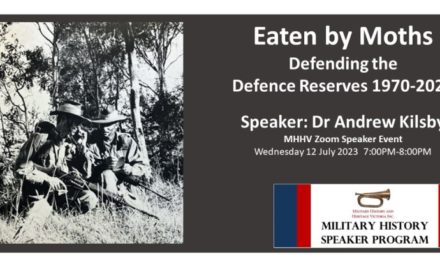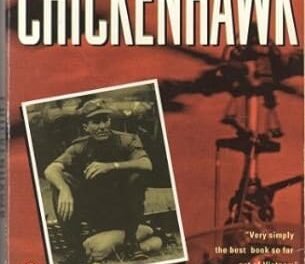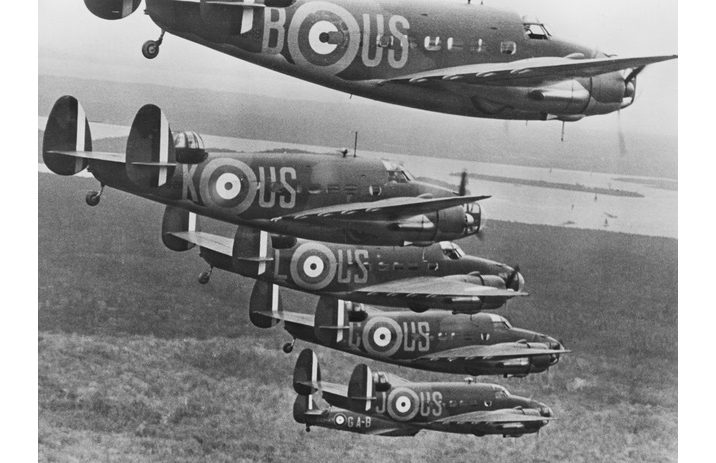The 6th Australian Cavalry Regiment were the first unit of the AIF to see action in the Western Desert in 1940. This is their story. They were also the first Australian Regiment to use Tanks in the conflict at Tobruk in 1941.
This video was created by Robbie McGuire, creator of the fantastic RM Military History video channel. It was commissioned by History Guild as part of our project examining Australian’s who served in the Mediterranean theatre of WWII.
6th Australian Cavalry Reg in the Mediterranean, WWII – Video
This project commemorating the service by Victorians in the Mediterranean theatre of WW2 was supported by the Victorian Government and the Victorian Veterans Council. Sign up to the newsletter at the bottom of the page to be notified when the next article in this project is released.

Other Articles you may like
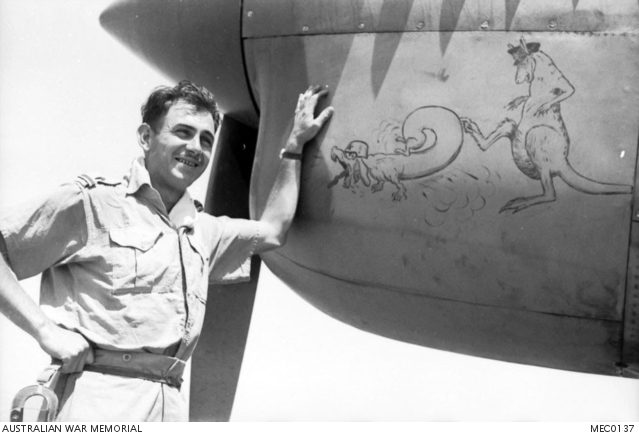
3 Squadron RAAF – Podcast
As the Allied armies fought across North Africa, first against the Italians and then the Vichy French and Rommel’s Afrika Korps, one squadron of the RAAF was there from the beginning. No. 3 Squadron was the first RAAF squadron to leave Australia and played an important part in many of the important battles from 1940 to 1943 across North Africa, Tunisia and Sicily.
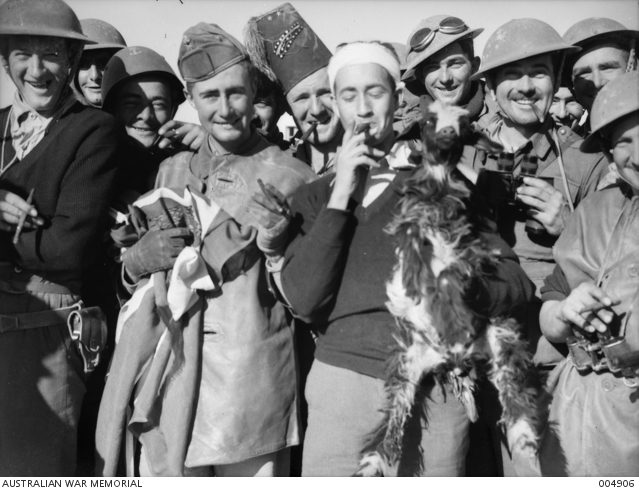
Remembering the Victory at Bardia
Just over 80 years ago, Australian forces fought their first major battle of World War II. Bardia, a small town on the coast of Libya, some 30 km from the Egyptian border, was an Italian stronghold. The Australian troops occupied Bardia, defeating the Italians in a little over 3 days. Australian veteran, Phillip Wortham, simply […]
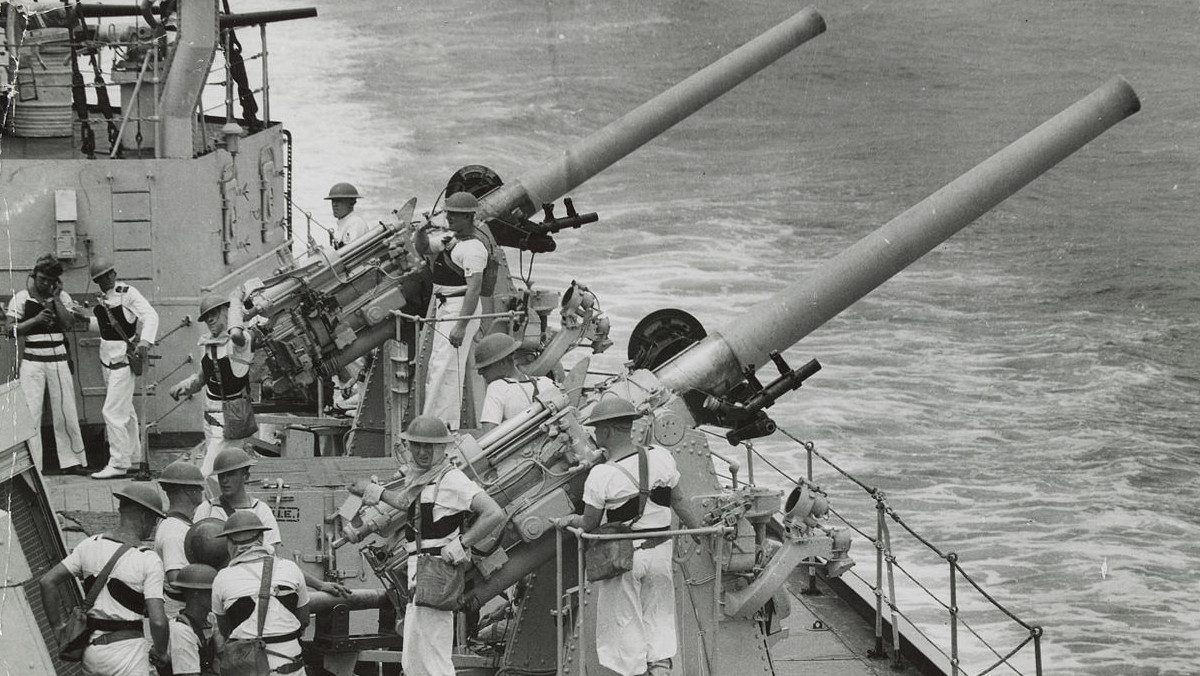
The Battle of Cape Spada: The Australian Navy Proves Its Mettle
Reading time: 9 minutes
The Battle of Cape Spada was a short, violent encounter on the 19th of July, 1940 where the cruiser HMAS Sydney of the Royal Australian Navy sank one Italian cruiser and severely damaged another off the coast of Crete. In this article, we go over the events of that day, as well as what life was like for the crew of the ship.
The text of this article was commissioned by History Guild as part of our work to improve historical literacy. If you would like to reproduce it please get in touch via this form.

